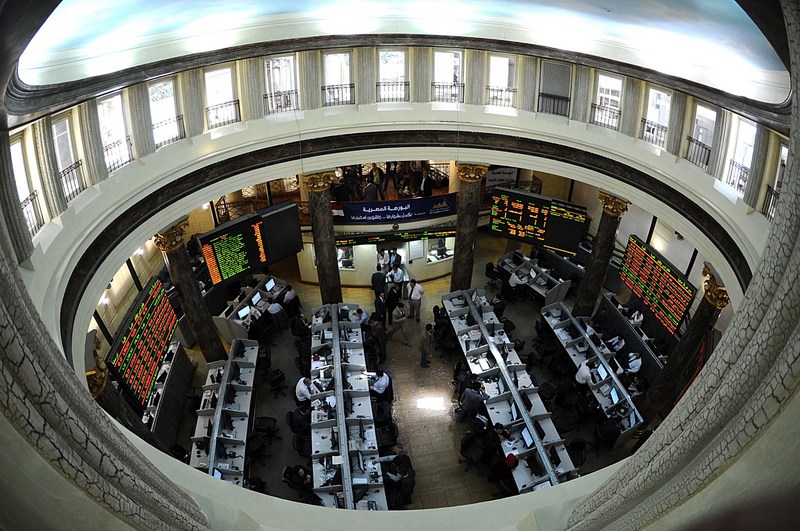Foreign direct investments (FDI) increased to $5.8bn as of the end of the third quarter (Q3) of this fiscal year (FY), compared to $5.1bn in the same period last FY.
The net FDI coming from establishing companies or increasing foreign capitals amounted to approximately $3.7bn, in addition to $1.5bn net FDI flows of the petroleum sector.
The FDI registered during Q3 (January – March 2016) reached $2.8bn, compared to $1.4bn during the first quarter, and $1.7bn in the second quarter.
An official source attributed the increase in FDIs during Q3 to the establishment of about 370 new Arab companies at the General Authority for Investment and Free Zones (GAFI). In addition, a number of Arab companies operating in the Egyptian market witnessed an increase in capital.
The source said that a large number of Arab companies was established during the past three months in the light of the foreign visits and trade delegations Cairo had received. At the top of these official visits come King Salman bin Abdulaziz of Saudi Arabia, president François Hollande of France, and the German vice-chancellor Sigmar Gabriel. This strengthens the government’s ability to achieve the targeted FDI by the end of the year.
The Ministry of Investment expects FDI to reach $7bn by the end of the current FY, compared to $6.4bn in the last FY. The ministry is also aiming to increase foreign investment flows to $8-10bn in the coming FY.
The average size of FDI in Egypt between 2004 and 2011 amounted to $6.5bn, except for 2007-2008, during which investments of $13bn were recorded. After the 25 January Revolution, FDI retreated to about $3bn, then increased to $4.1bn in 2014-2015, then to $6.4bn in the last FY.
GAFI saw the establishment of 512 foreign companies with investments worth $895m in Q3 of FY 2015/2016. Most companies established in Egypt between January and March were founded by Syrians, with 126 companies and a combined capital of $42m. Saudi Arabia came in second place, with 84 companies and an issued capital of $151m.
The fourth quarter of the current FY is expected to see the establishment of a large number of Saudi Arabian companies, given the agreements made between Egypt and Saudi Arabia last April on the sidelines of the Saudi-Egyptian Business Opportunities Forum.




